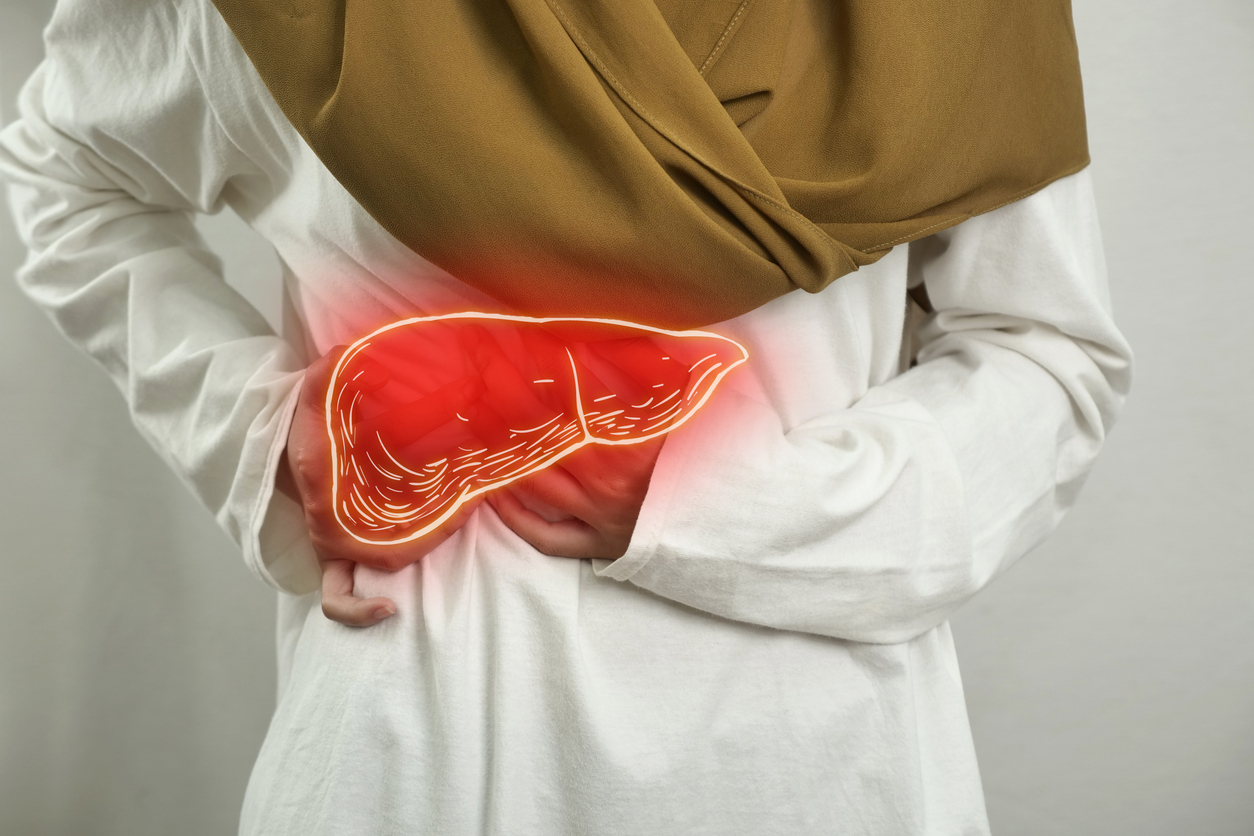2025-11-04
Plant-based diets and disease progression in men with prostate cancer
Oncology
By Lila Rouland | Published on November 4, 2025 | 3 min read
Prostate cancer is the second most common malignant tumor in men. Despite therapeutic advances, post-diagnostic management remains a major challenge, particularly regarding modifiable factors such as diet. While plant-based foods are known for their role in primary prevention, their impact on disease progression after diagnosis remains uncertain.
This U.S. prospective cohort study aimed to evaluate the association between post-diagnosis plant-based dietary intake and the risk of prostate cancer progression or disease-specific mortality. The objective was to determine whether adopting a predominantly plant-based diet after diagnosis could slow the clinical course of the disease.
Conducted among 2,062 men with nonmetastatic prostate cancer, this study used data from the CaPSURE registry. All participants completed a validated food frequency questionnaire between 2004 and 2016. Two dietary indices were analyzed:
Clinical events considered as disease progression included biochemical recurrence, secondary treatment, bone metastases, or cancer-related death.
Over a median follow-up of 6.5 years, 190 progression events were recorded. Results showed that men with the highest PDI scores had a 47% lower risk of progression compared to those with the lowest scores (HR = 0.53; 95% CI: 0.37–0.74; p-trend = 0.003).
In contrast, no overall significant association was observed with the hPDI. However, among men with a Gleason score ≥ 7, a higher hPDI was associated with a 55% reduction in progression risk (HR = 0.45; 95% CI: 0.25–0.81; p-trend = 0.01). As for prostate cancer–specific mortality (61 deaths), the data did not allow firm conclusions due to insufficient statistical power.
Plant-based diets: a
new therapeutic tool in oncology?
This study reinforces the idea that a diet rich in plant-based foods could play a key role in post-diagnostic management of prostate cancer. The benefits observed with the overall PDI suggest that increasing plant food intake—even those considered less healthy—may help slow tumor progression.
Potential mechanisms include the presence of phytochemicals, antioxidants, improved insulin regulation, and reduced chronic inflammation. Conversely, animal-based foods—particularly whole dairy products and red meats—may promote tumor progression through IGF-1 stimulation and oxidative stress.
Among the study’s limitations are the lack of pre-diagnostic dietary data, a predominantly white and educated population, and possible bias linked to associated healthy behaviors (physical activity, non-smoking). Nonetheless, the study is strengthened by its large cohort, long-term follow-up, and rigorous adjustment methods.
In perspective, these findings encourage the integration of individualized nutritional follow-up in the management of prostate cancer patients. Future research should further investigate the effects of different plant-based food types and their interactions with oncological treatments.
About the author – Lila Rouland
With dual expertise in science and marketing, Lila brings her knowledge to the service of healthcare innovation. After five years in international academic research, she transitioned into medical and scientific communication within the pharmaceutical industry. Now working as a medical writer and content developer, she is committed to highlighting scientific knowledge and conveying it to healthcare professionals with clarity and relevance.
Prostate cancer is the second most common malignant tumor in men. Despite therapeutic advances, post-diagnostic management remains a major challenge, particularly regarding modifiable factors such as diet. While plant-based foods are known for their role in primary prevention, their impact on disease progression after diagnosis remains uncertain.
This U.S. prospective cohort study aimed to evaluate the association between post-diagnosis plant-based dietary intake and the risk of prostate cancer progression or disease-specific mortality. The objective was to determine whether adopting a predominantly plant-based diet after diagnosis could slow the clinical course of the disease.
Can a plant-based diet slow prostate cancer progression?
Conducted among 2,062 men with nonmetastatic prostate cancer, this study used data from the CaPSURE registry. All participants completed a validated food frequency questionnaire between 2004 and 2016. Two dietary indices were analyzed:
- PDI (Plant-Based Diet Index): total consumption of plant-based foods, whether healthy or less healthy.
- hPDI (healthful PDI): focused solely on beneficial plant foods (fruits, vegetables, whole grains, legumes, vegetable oils).
Clinical events considered as disease progression included biochemical recurrence, secondary treatment, bone metastases, or cancer-related death.
Key findings
Over a median follow-up of 6.5 years, 190 progression events were recorded. Results showed that men with the highest PDI scores had a 47% lower risk of progression compared to those with the lowest scores (HR = 0.53; 95% CI: 0.37–0.74; p-trend = 0.003).
In contrast, no overall significant association was observed with the hPDI. However, among men with a Gleason score ≥ 7, a higher hPDI was associated with a 55% reduction in progression risk (HR = 0.45; 95% CI: 0.25–0.81; p-trend = 0.01). As for prostate cancer–specific mortality (61 deaths), the data did not allow firm conclusions due to insufficient statistical power.
Plant-based diets: a
new therapeutic tool in oncology?
This study reinforces the idea that a diet rich in plant-based foods could play a key role in post-diagnostic management of prostate cancer. The benefits observed with the overall PDI suggest that increasing plant food intake—even those considered less healthy—may help slow tumor progression.
Potential mechanisms include the presence of phytochemicals, antioxidants, improved insulin regulation, and reduced chronic inflammation. Conversely, animal-based foods—particularly whole dairy products and red meats—may promote tumor progression through IGF-1 stimulation and oxidative stress.
Among the study’s limitations are the lack of pre-diagnostic dietary data, a predominantly white and educated population, and possible bias linked to associated healthy behaviors (physical activity, non-smoking). Nonetheless, the study is strengthened by its large cohort, long-term follow-up, and rigorous adjustment methods.
In perspective, these findings encourage the integration of individualized nutritional follow-up in the management of prostate cancer patients. Future research should further investigate the effects of different plant-based food types and their interactions with oncological treatments.
Read next: Omega-3 fatty acids: a nutritional lever against prostate cancer
About the author – Lila Rouland
Doctor of Oncology, specialized in Biotechnology and Management

Last press reviews
Liver, sugar, and pills: who's in control?

By Ana Espino | Published on February 4, 2026 | 3 min read<br>
Endometrial cancer: Is PARP bringing new hope?

By Ana Espino | Published on February 3, 2026 | 3 min read<br>
